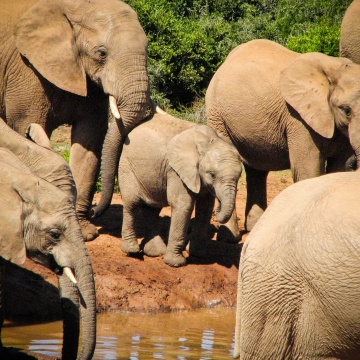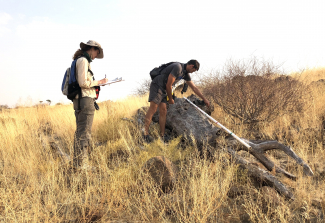
Championing Uganda’s Green Economy: Insights from Nathan Mununuzi
Nathan Mununuzi serves as a Senior Environmental Officer at Uganda’s Ministry of Water and Environment. A participant in the Inclusive Green Economy (IGE) Program coordinated by the EfD Mak Centre…





